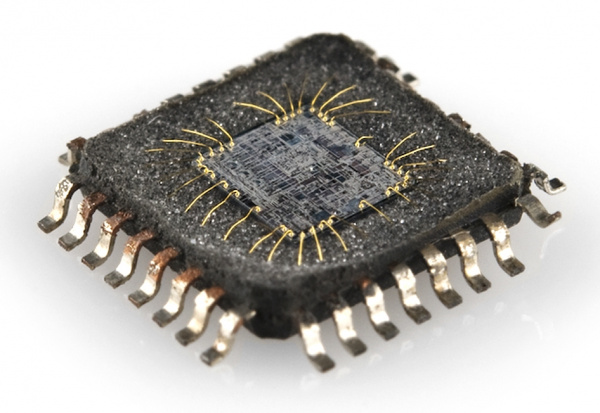MOOR'S LAW AND THE FUTURE OF TRANSISTORS!!
What is a Transistor? What is Moor's law? Why should we care about the architecture of a Transistor?
These are some sort of questions that I will try to answer in this article. A transistor is an electronic device that can work as an on/off switch in the Integrated Circuitry. Silicon chips are the most important inventions of our society, every smart device that we use has these small chips. You can imagine these chips as electronic brains of devices. For instance, Intel makes these chips for computers, Apple makes their own chips for iPhones and Snapdragon processors are used in most Android smartphones.
These are some sort of questions that I will try to answer in this article. A transistor is an electronic device that can work as an on/off switch in the Integrated Circuitry. Silicon chips are the most important inventions of our society, every smart device that we use has these small chips. You can imagine these chips as electronic brains of devices. For instance, Intel makes these chips for computers, Apple makes their own chips for iPhones and Snapdragon processors are used in most Android smartphones.
Now, Transistor is the heart of this Integrated circuitry. The various computations and results are based on the combination of various transistors within the IC. If you are in the technical field you should have heard about the logic gate, these are the various ways to perform different outcomes with the transistors. Back in 1965, the CEO of Intel: Gordon Moor had a paper published which described the doubling of the transistors within a dense integrated circuit every two years. Approximately 40% increase per annum. Which looks something like this:





Comments
Post a Comment